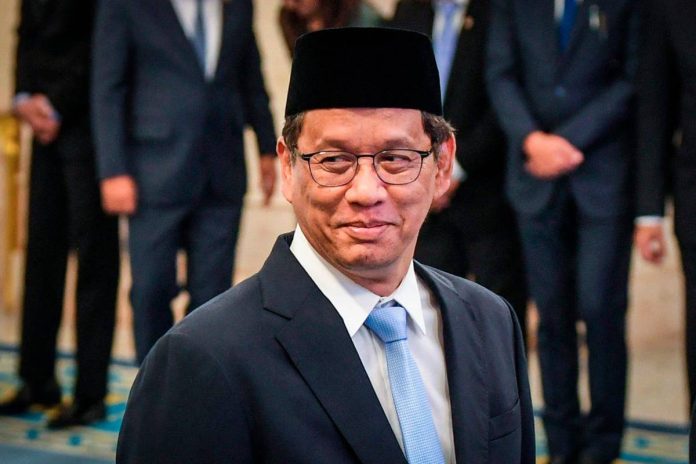SINGAPORE: The sudden removal of Indonesia’s influential Finance Minister Sri Mulyani Indrawati has unsettled markets amid investor concerns about potential erosion of hard-won fiscal credibility under President Prabowo Subianto’s populist spending agenda.
Global investors regarded Sri Mulyani, who served three separate terms as one of Indonesia’s longest-serving finance ministers, as crucial to their investment decisions in Southeast Asia’s largest economy, with her previous departures having triggered market declines.
Monday’s late announcement of Sri Mulyani’s dismissal prompted a 1% drop in Indonesian stocks and declines in international bonds, while the rupiah faced downward pressure at Tuesday’s opening.
Hasnain Malik, emerging markets equity and geopolitics strategist at Tellimer, noted that Mulyani represented the safeguard of prudent fiscal policy, with her departure raising fears of widening deficits under an administration facing pressure following widespread protests.
The replacement of Sri Mulyani with Purbaya Yudhi Sadewa, an economist promising accelerated growth, occurs during a delicate period marked by two weeks of unrest and protests demanding fairer taxation systems.
President Prabowo faces his most significant presidential challenge alongside struggles implementing his flagship free meals programme targeting over 80 million Indonesians in its inaugural year.
Trinh Nguyen, senior economist for emerging Asia at Natixis, highlighted the central market question regarding whether Prabowo can balance ambitious spending with fiscal sustainability, noting Mulyani’s aggressive expenditure cuts to maintain fiscal discipline while funding the lunch programme.
Sri Mulyani earned widespread praise for reforming Indonesia’s taxation system and was considered the cornerstone behind improved fiscal performance and investor confidence.
Nguyen emphasised investor concerns about how the new finance minister will finance the 1.5% of GDP lunch programme while increasing spending in sectors like defence without significantly widening the deficit.
Purbaya told reporters that the president’s 8% economic growth target remained achievable, promising to accelerate economic expansion through greater private sector and government involvement.
Immediate market reactions are expected to focus on the rupiah, potentially prompting aggressive currency defence measures from Bank Indonesia, with the currency closing at 16,300 per US dollar on Monday but facing weaker opening conditions.
Indonesia’s foreign exchange reserves stood at $150.7 billion at August’s end, down from $152 billion the previous month, according to central bank data released on Monday.
Aninda Mitra, head of Asia macro strategy at BNY Investment Institute, suggested the rupiah might bear the initial impact until greater clarity emerges regarding budgetary changes and funding sources following the cabinet reshuffle.
Market participants will seek certainty about policy direction and steady fiscal management under the new leadership. – Reuters








